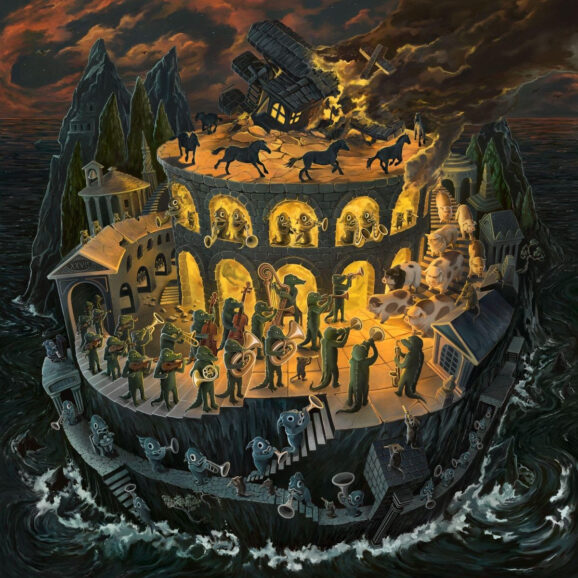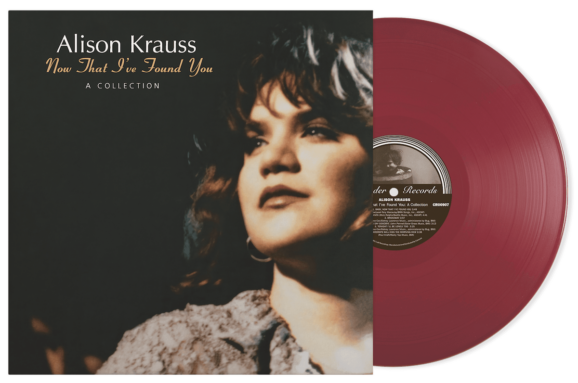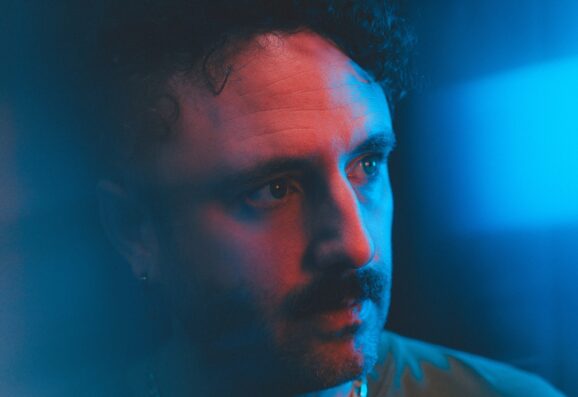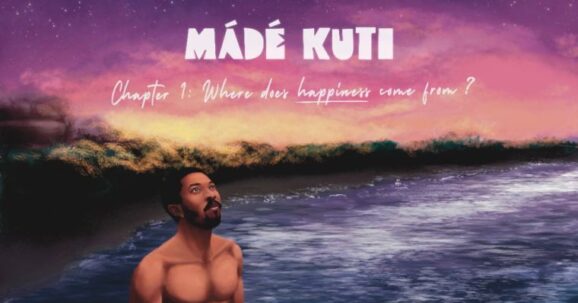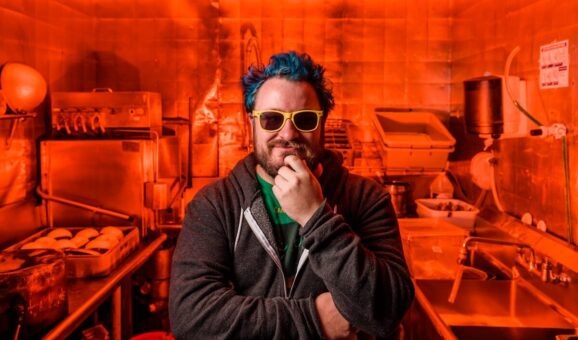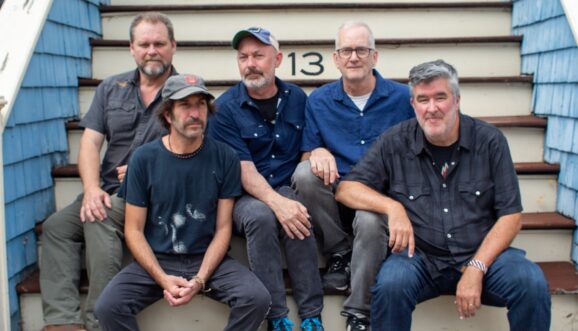Those familiar with singer-songwriter Mary Bragg’s 2017 Lucky Strike and 2019’s Violets as Camouflage know the raw, sometimes unhinged honesty and resulting beauty of her songs. It’s as if we share in our pain, accept the voyage through the emotional, sometimes eviscerating lyrics, realizing that there will be a silver lining, and if not, we’ve found a person to commiserate with that ultimately makes us better. Between the accompanying music and her beautiful voice, somewhere between an alto and soprano, breathy, evocative, and pure, those qualities soften the lyrics of wounds and pain.
Bragg’s two previous albums delved mostly into third-party narratives and character sketches. Here she is deeply personal, having dissolved a marriage, begun a new relationship with a woman, and moved from Nashville to Brooklyn. She also has broadened her musical career by becoming a producer, something she completely immersed herself in when learning that currently, only 3% of women on the Billboard charts are women. That role proves to be yet another exercise in building self-confidence and a new identity.
Bragg operates with a core band of returning Rich Hinman who plays guitars including pedal steel, and drummer Jordan Perlson. Bassist Ryan Madora is new to these proceedings. As with the previous, she didn’t at all go alone in the project. She teamed with a host of her favorite songwriters – Grammy nominees Steve Seskin and Bill DeMain, as well as younger contemporaries like Caroline Spence and Erin Rae as well as Peter Groenwald, the last three of which sing with her on the tunes they co-wrote. Various guests add colors on select tracks.
She begins with the light and bright “Love Each Other,” speaking to the political and divisiveness that keeps us from bringing up certain subjects between friends and family, concluding that taking the higher road is usually the best course. It’s a feeling that most of us can easily relate to; this writer certainly can. Harmonies from co-writer Caroline Spence imbue the deeply self-confessional “Hard Time” where she seeks acceptance for her struggles coping with darkness. The dreamy “The Lonely Persistence of Time” features haunting pedal steel from Hinman in a tune that could be a penultimate one for the pandemic although Bragg is ruminating as much on the vicissitudes of love as time. “Same Kid” deals directly with her change in gender preference with the lines “Your approval, your refusal, won’t change me or save me…I’m still the same kid I ever was.”
The breezy “Please Don’t Be Perfect” is another statement about the value of acceptance while “Nothing More to the Story” deals with the dissolution on her marriage. “Panorama” rides on the sweet waves of Hinman’s pedal steel as Bragg, having moved on physically and emotionally, takes a rearview perspective of previous relationships. Guest Kaitlyn Raitz’s cello colors the orchestrated collaboration with Peter Groenwald on “Color Blind,” which ponders the cost of self-delusion. On the beautifully atmospheric “Constellation Change” she realizes she’s powerless to forces beyond her control with epiphany-like expressions such as – “Drive and drive/like the compass knows which way to go/ and stay, stay awake/ so the stars can rearrange/ for the constellation change.
“In the Light” with Erin Rae is another airy ballad that speaks to dealing directly with fate with this devastating verse – “There’ll be no revolving door/when the pain that we ignore/ is laid out on the floor.” She lets us know that she’s over most of the hurdles, that she’s okay in the closing “Good Side of Blue.” Bragg, not at all surprisingly delivers another poignant album with messages that we can not only relate to but feel, leaving an impression that we are really all in this together.

